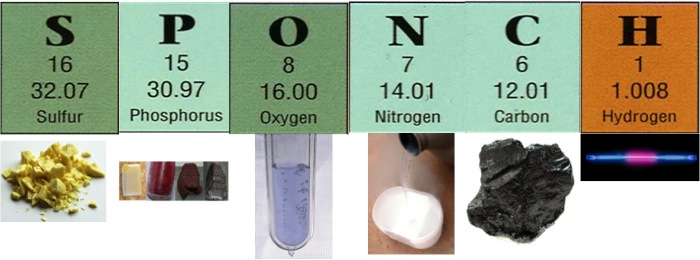About Me

- SponchPhD
- PhD in #Microbiology interested in #therapeutics, #drugresistance, #science #education, geek/nerd culture, and podcasts.
Sunday, May 19, 2013
Saturday, May 18, 2013
new (really old) post about fecal transplants and the FDA
I wrote this a while back and neglected to post it (again dissertating is hard and time consuming), but with the news from the FDA today I guess I have my answer!
The Tree of Life: Just in time for #ASM2013 - FDA adding regulations for fecal transplants #microbiome goo.gl/fb/8wZK4"
So here is my old non-posted blog about fecal transplants and what the FDA might do from when the clinical trials were announced:
Is it a food? Is it a drug? No, it's bacteriotherapy!
So, fecal transplants are finally going to clinical trials.
Yup, fecal transplants, you read that right. Take poo from one person and give it to another, or fecal bacteriotherapy, as Dr Eisen suggests.
Infection by drug resistant C. difficile is very difficult to treat. One can get it while taking antibiotics to treat another infection elsewhere in the body, often while hospitalized. Antibiotics also affect the bacteria normally in your gut, throwing your whole system out of whack, as in that all too common side effect of loose to watery stool. Once your 'good/normal' bacteria clear out, drug resistant c diff can move in and start causing problems. So, here's the idea, take poop from a healthy person and give it to a person with an 'unhealthy' gut. The bacteria from the good gut take up residence and force the C diff out. This has been shown to be safe and there are anecdotal reports of it working, but clinical trials have yet to be done. If these clinical trials show scientifically that bacteriotherapy truly works, it brings up an interesting question as far as how the FDA would handle it or if they would.
Bacteria are neither food nor drug, at least as far as I've heard, but we ingest them constantly and it's been shown that what they do in our bodies affects us. But they aren't chemically defined substances like drugs. They are living things that respond to the conditions around them.
Probiotics could be defined as a form of bacteriotherapy, but are currently classified as dietary supplements. This means any health claims the manufacturer makes have not been evaluated by the FDA. If the FDA decides it needs to expand its reach, it could include any therapeutics, which could then include supplements, but there is a whole mess of issues that would come up as a result of that. I think it would be like the GMO labeling fight currently going on in CA.
It's a complicated issue. It will be interesting to see what happens, as my money is on fecal transplants being shown to be beneficial as a therapy.
Subscribe to:
Posts (Atom)
